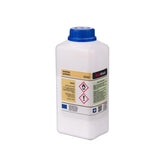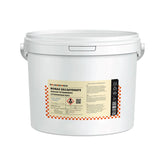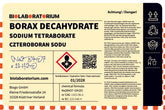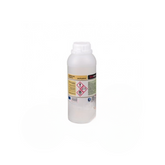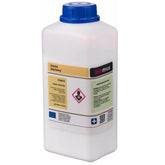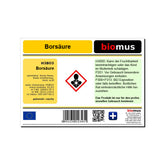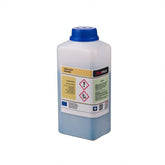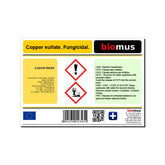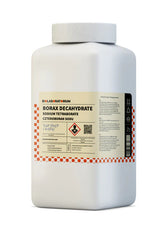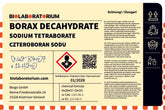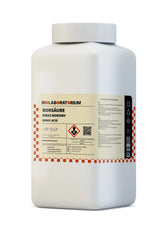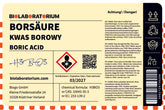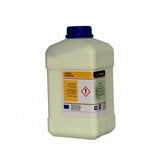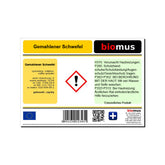The versatile use of urea: A guide
Urea is a chemical substance used in a wide range of industries and applications. As an important component of fertilizers, cosmetic products, and industrial processes, urea has immense significance for our modern society. In this article, we aim to provide an overview of the various uses and properties of urea.
The chemistry of urea
Urea, also known as carbamide, is an organic compound with the chemical formula CO(NH2)2. It is naturally produced in the bodies of mammals as the end product of protein metabolism. Industrially, however, urea is primarily produced through chemical synthesis.
The production of urea takes place in a two-stage process. First, ammonia is reacted with carbon dioxide under high pressure and temperature to form ammonium carbonate. In a second step, the ammonium carbonate is then thermally decomposed, resulting in urea as the final product.
Urea is a white, crystalline powder with a slightly bitter taste. It is very soluble in water and has a high solubility for many other substances. In addition, urea is thermally stable and can be heated up to 133°C without decomposition.
Use in agriculture
The largest application area of urea is agriculture. As a nitrogen-containing fertilizer, urea plays a central role in plant nutrition and soil improvement. It is either applied directly to the fields or used in mixtures with other nutrients such as phosphorus and potassium.
The advantage of urea as a fertilizer lies in its high nitrogen concentration of 46%. This allows large amounts of nutrients to be applied to the fields with relatively small quantities. In addition, urea is easily soluble in water, which enables quick absorption by the plants.
In addition to its use as a fertilizer, urea is also used as a feed additive in animal husbandry. Here, it serves to provide protein to ruminants such as cattle or sheep.
Industrial applications
Urea is indispensable not only in agriculture but also in many industrial processes. Here are some examples of industrial use:
Plastic production
Urea is an important building block for the production of synthetic resins and plastics. It is used, among other things, for the production of melamine-formaldehyde resins, polyurethanes, and epoxy resins.
Cosmetics and Body Care
In the cosmetics industry, urea has diverse applications. As a humectant in creams and lotions, it helps keep the skin supple and soft. Urea is also a commonly used ingredient in shampoos, toothpastes, and other personal care products.
Refrigeration technology
Urea solutions are used in refrigeration technology as environmentally friendly antifreeze agents. They are used, for example, in windshield de-icers or cooling systems.
Fire protection
Due to its ability to extinguish fires and prevent smoke development, urea is also used in fire protection. It can be found in fire extinguishers, fire protection coatings, and fire alarm systems.
Pharmacy and Medicine
In medicine and pharmacy, urea is used to treat skin conditions such as psoriasis, warts, or eczema. It also serves as an excipient in pharmaceuticals.
Safety and environmental aspects
Urea is considered a relatively harmless substance. With normal handling and adherence to usual safety measures, it poses no significant risk to humans and the environment.
However, urea can lead to environmental pollution if stored or disposed of improperly. Especially when overused as fertilizer, it can cause nitrate leaching into water bodies. Therefore, it is important to apply and dispose of urea properly.
Overall, it can be said that urea, thanks to its diverse properties and applications, is an extremely useful and indispensable industrial raw material. With proper handling and disposal, the benefits of urea can be fully utilized without harming the environment.
Conclusion
Urea is a chemical substance with a wide range of applications. From agriculture to industry to medicine - urea is indispensable in our modern lives. Due to its unique properties such as solubility, stability, and nitrogen content, urea offers numerous advantages that can be utilized in many areas.
With proper handling and disposal, the benefits of urea can be fully utilized without harming the environment. Overall, urea is an extremely useful and versatile industrial raw material that supports our society in many ways.
